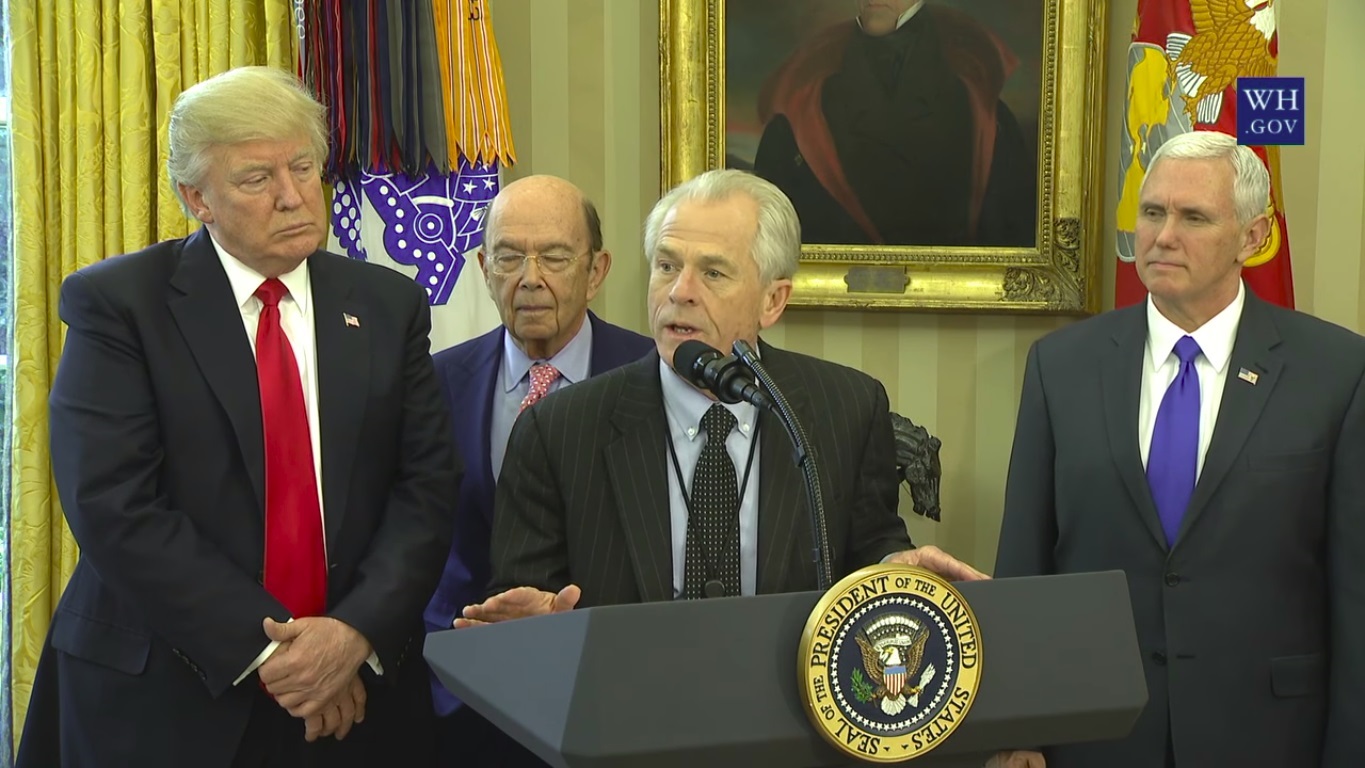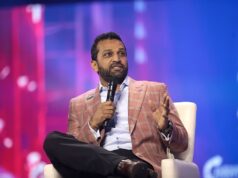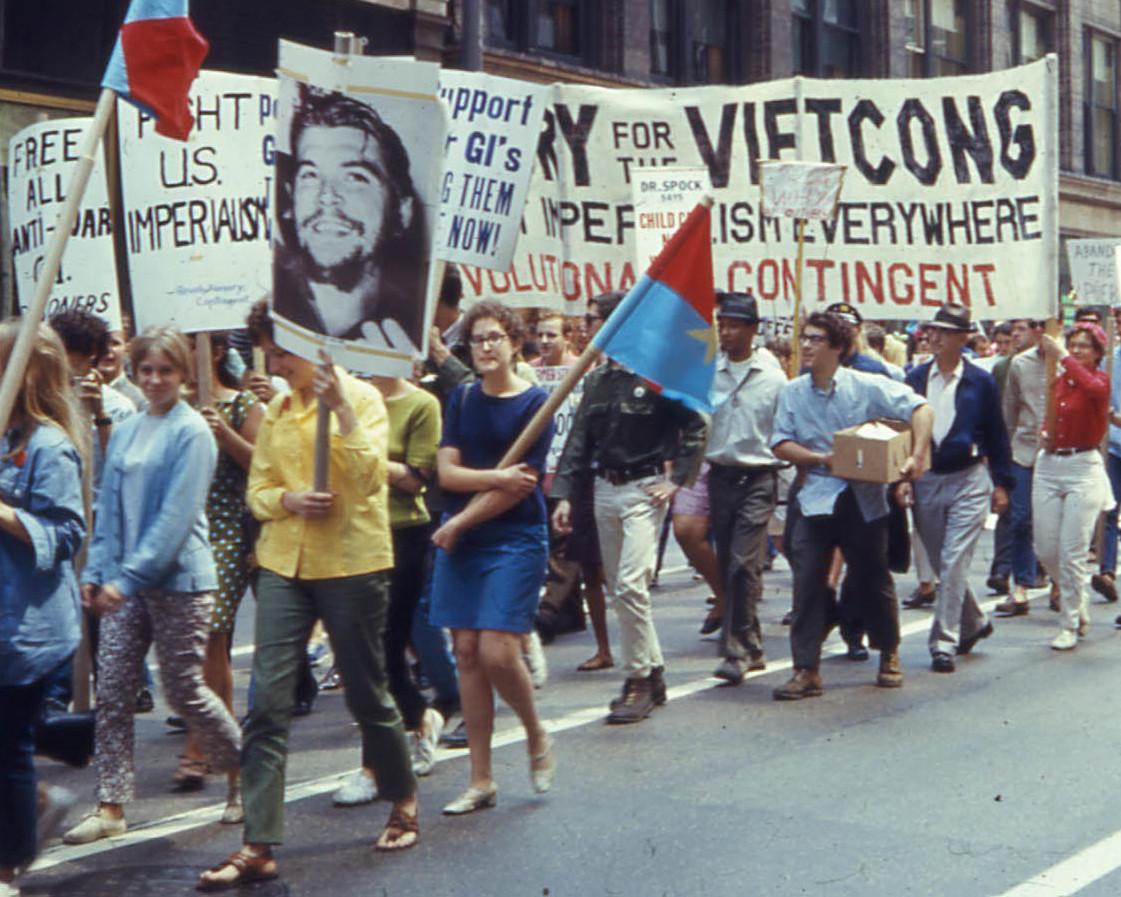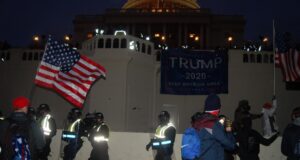The Justice Department is urging a judge to reject at trial former Trump Administration security adviser Peter Navarro‘s claims of executive privilege.
On Tuesday, the DOJ filed a last-minute response after Navarro successfully delayed the trial after forwarding a January letter from former President Trump’s attorney shortly before arguments were scheduled to begin.
According to The Hill, the DOJ argues the letter does not change the case, as the jury “should be charged with deciding only the essential elements of the charged offense, that is: whether the Defendant knew he had been subpoenaed by the Select Committee to Investigate the January 6th Attack on the United States Capitol…to produce documents and appear for a deposition, and nonetheless made a deliberate decision not to do either.”
Navarro was subpoenaed by the now-disbanded committee in February of last year as lawmakers sought to speak to the trade and coronavirus adviser about the Navarro Report, a three-part series he compiled claiming to “provide a demonstration that President Trump had a good faith belief that the November 3, 2020 Presidential election results, were, indeed, the poisonous fruit of widespread fraud and election irregularities.”
At the time, Navarro claimed executive privilege, however, it took nearly a year for Trump to make such an assertion through his lawyer.
Numerous Trump officials have claimed executive privilege as the DOJ has sought to compel their testimony.
The House voted to hold Navarro in contempt of Congress last April.
But the filing also argues that such a privilege cannot be used as a blanket excuse to avoid all questions, noting the committee largely wished to speak with Navarro about “matters undertaken in his personal capacity with persons outside the government” rather than any conversations he may have had with Trump.
“Because the Defendant failed to raise an immunity claim with the committee, he should not now be allowed to invoke testimonial immunity after the fact to foreclose prosecution,” DOJ wrote.






